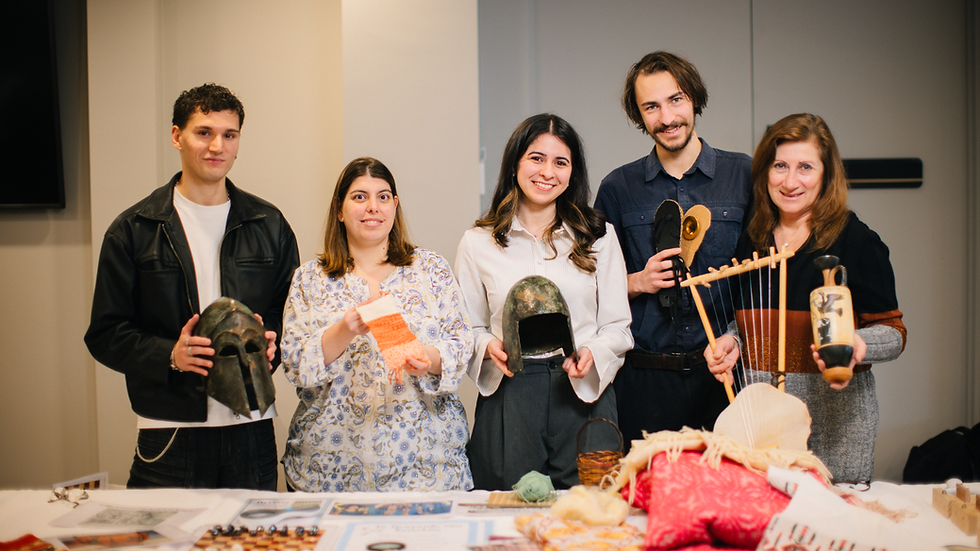Summer
- Dec 1, 2016
- 2 min read
Updated: Dec 16, 2024
It’s the first day of Summer in the southern hemisphere, as our northern cousins get chillier we’re breaking out our togs and sunscreen.

The Deities
In Greek mythology the seasons were governed by the Horai or ‘Hours’, daughter of Zeus and Themis. Their original incarnations were as Thallo, the ‘one who brings blossoms’ Goddess of Spring, Auxo the ‘increaser of plant growth, Goddess and personification of Summer and Karpo who ‘brings food’, her name translates as ‘withering’ and she was Goddess of Autumn. Classically, only three seasons, Spring, Summer and Autumn were recognised in a year as opposed to our contemporarily held four. The belief was that nature was enshrouded in sleep or death during that cold bleak period we know of as Winter. Summer was marked as the period between the rising of Sirius the dog star, and the rising of Arcturus.
Their Roles
The Horai lived at the river Heridanus located in the centre of Athens. In their original conception they guarded Mount Olympus controlling the opening and closing of its gates with clouds (some say they were the personification of clouds). They were also attributed as the handmaidens of Helios (the Sun God) presiding over time both small and large, yoking and unyoking his celestial horses so the day could begin and end.
In latter incarnations though they presided over the revolution of the heavens, measuring the year by the movements of the constellations while the Moirae, their three sisters, spun the web of fate. The Horai were inseparably connected to the order and regularity of time governing each of the 12 hours in every day. These Goddesses were inextricably tied in with the shifts in nature.
The Horai were devoid of guile (or subtlety), joyous, gentle, and friendly towards mankind. In images Thallo (Spring) would appear with flowers, Auxo (Summer) with sheafs of corn and Karpo (Autumn) would bear fruits and clusters of grapes. Auxo was indicative of ‘order’, Thallo of ‘peace’, and Karpo of ‘justice’. Thallo was often depicted as a companion of Dionysos or holding the infant Ploutos (God of agricultural bountifulness), while Auxo presided over the state and Karpo over individuals.
Between them they ensured the smooth running of life and the world.



